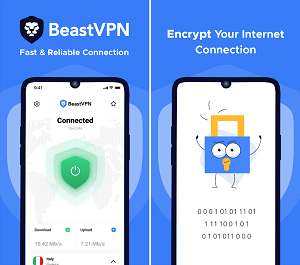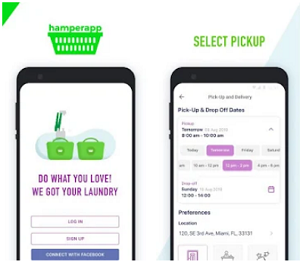In our current Internet age, most people are far from
ignorant about the potential harm that can come from providing too much
personal information through social media accounts. However, while we all recognize
the common scenario of an identity thief scoring a stranger’s credit card
number, many people may not be aware of the various other ways that hijackers
can utilize the info gleaned from social media. So the next time you’re
releasing information about yourself into the digital world, remember these 4
ways that identity thieves and other criminals can use your social media
accounts against you:
Acquiring Background Information That Is Commonly Used For
Verification Questions
Everyone has an online account that poses the same series of
personal questions for identity verification in the event of a forgotten
password: the city you were born in, your mother’s maiden name, the name of
your first pet, etc. In an increasingly large number of cases, the answers to
these questions can be found by briefly researching a potential target’s social
media profiles, and those of their friends and immediate family. If a criminal
happens to uncover your login name, they may be able to successfully answer the
account’s verification questions, create a new password, and then access your
account and steal valuable information.
Acquiring Enough Small Business Information To Open Credit Lines
With New Vendors
The Internet has certainly revolutionized the market reach
for smaller, regionally-isolated businesses, but this economic boon comes with
a few considerable side effects, not the least of which is the possibility of
someone opening a new vendor account in your business’s name and running up
several thousand dollars in credit. This is particularly dangerous for small
business owners that have robust social media profiles, since much of the
owner’s personal info will overlap with the business’s, and can be used to sign
up with new vendors online, especially if the owner is the primary purchaser of
goods for the business.
Posing As The Owner Of A Property In Order To List It For Rent
Something that many first time homeowners are commonly
unaware of is how easy it is for the public to discover the owner of a
particular piece of real estate. But a quick search through a county’s assessor
office will legally reveal all the relevant property tax information for a
specific address, including the deed’s owner. Combined with the information
from a homeowner’s social media accounts and a standardized lease agreement
that can be found online in moments, this makes it possible for scammers to
list your home as a rental property on sites like Craigslist, the goal being to
collect security deposits or application fees from aspiring tenants online.
Fake rental listings are a relatively common occurrence
these days, but this kind of scam is made more effective when a criminal
actually uses a genuine address and poses as the actual homeowner, with
personal info from social media accounts helping to enhance the scam’s
authenticity.
As A Method Of Facilitating Blackmail
These days, most people are careful about what kind of
photos and information they reveal about themselves on their personal social
media accounts, conscious of the fact that their public image may have an
impact on their employment. However, people have no control over another user’s
content, and are unable to stop a stranger from posting potentially damaging
personal information about someone else. Combined with the fast, viral-like
spread of digital media that is common among social media platforms, this
creates a powerful tool for personal blackmail.
Criminal records, information on romantic partners, personal
legal situations, sensitive or potentially embarrassing medical info, and much
more have been used in past cases of personal blackmail, and the popularity of
social media accounts means that a potential blackmailer can upload information
about you on a freshly created, anonymous account, then have the images or files
tagged with your name, allowing them to be visible to anyone searching for you,
even though the actual profile isn’t in your name. All the major social media
platforms have a method of recourse for users who complain about inappropriate
data being shared without their consent, but the considerable length of time it
takes to successfully close an offending account can be more than enough of a
threat for blackmailers to utilize.
In many cases that fall under these 4 scenarios, the very
information that is commonly sought after by criminals—personal photos,
employment information, family history, images of your home, and more—are the
very things that people are passionate about sharing through social media. Unfortunately,
unless you plan on excluding yourself from social media entirely, there isn’t a
surefire method to prevent a criminal from using your information illicitly.
However, by being as careful as possible with the information you upload,
frequently checking your financial accounts for suspicious activity, and using
a wide range of unique passwords and user verification questions for your
important accounts, you can go a long way towards monitoring the safety of your
digital life, and potentially head off any trouble before it becomes damaging.
Author bio:
John
is a blogger who frequently discusses the intersection of modern technology and
identity theft. He writes for protectyourbubble.com,
an Internet insurer that can help protect your identity, whether you’re a
social media enthusiast, small business owner, privacy-minded citizen, or
anyone else.



